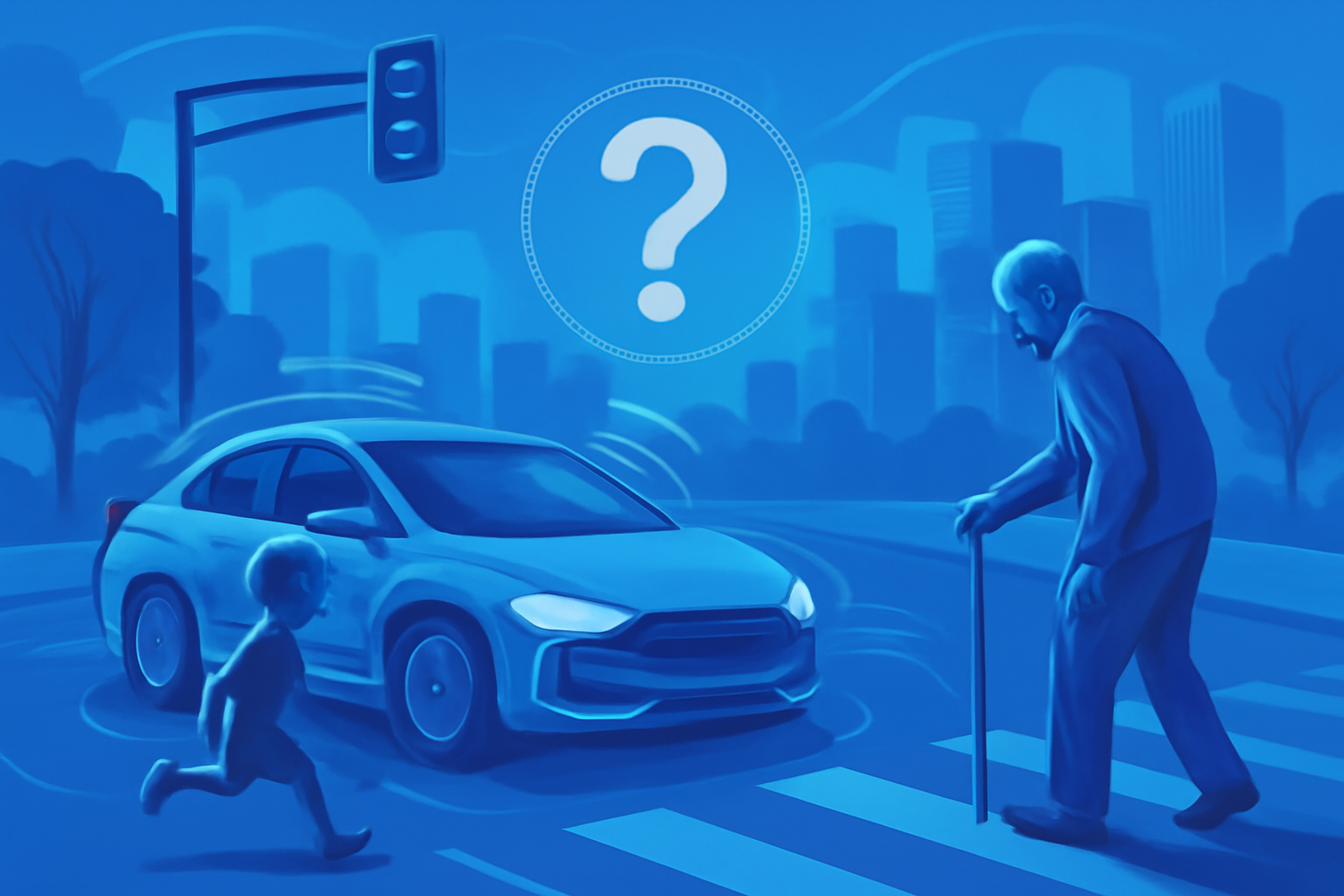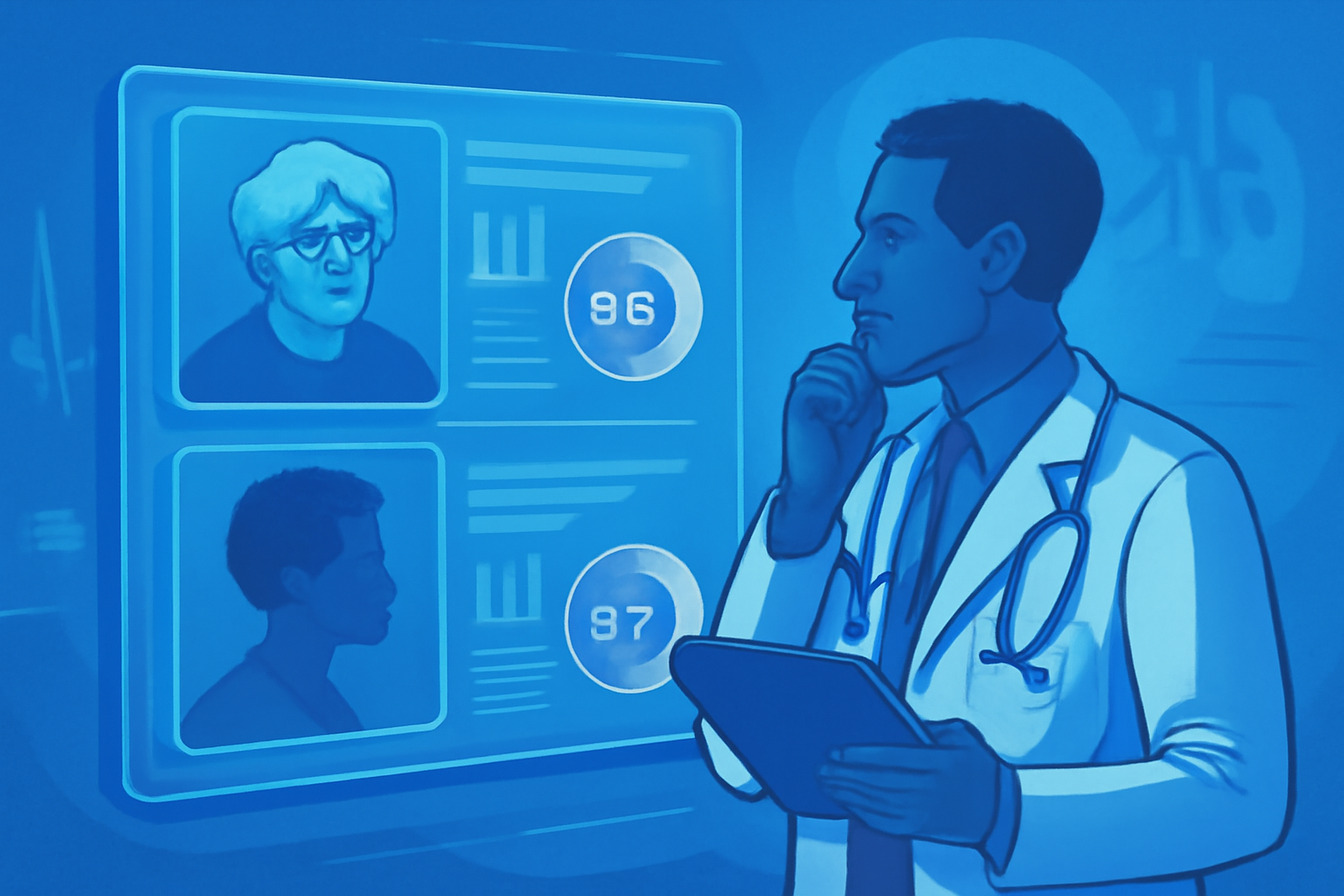The Rise of Decision-Makers | 매거진에 참여하세요
The Rise of Decision-Makers
#responsibi #agency #decisionma #toolsmarts #jobdisrupt #AI #role #job
Discussions about artificial intelligence are everywhere.
But beneath the surface, most of these conversations boil down to one central issue: who makes the final decision, and how?
We talk about how AI should be used, who should be responsible for its outcomes, and what limits—if any—should be imposed.
But AI is ultimately just a tool. It doesn't make decisions. People do.
Even as AI becomes more powerful and autonomous in function,
the final call—the actual decision—remains a fundamentally human responsibility.
Decision-Making Is the New Power
The age of AI will not be defined by who knows how to prompt best, or who has the fastest access to data,
but rather by who can make the wisest decisions with it.
And that means we’re entering an era where decision-making becomes the most valuable human skill.
Tasks that merely follow instructions or repeat processes are vanishing.
Automation excels at those. But interpreting ambiguous data, weighing ethical trade-offs, and making value-based decisions?
That's still our domain.
Let’s be clear: AI doesn’t replace decision-makers. It empowers them.
Why AI Still Can’t Replace Human Judgment
Even the most advanced AI can’t account for the full scope of human judgment. Here’s why:
- Ethical and moral nuance:
Should a self-driving car prioritize the life of a child over an elderly pedestrian? AI can calculate probabilities. But ethics? That’s human.
- Contextual understanding:
A medical AI might rank patients by survival likelihood. But what about quality of life, family responsibilities, or economic factors? These require human judgment.
- Bias and responsibility:
When an AI hiring system discriminates based on gender or race, the real failure isn’t technical—it’s ethical and institutional. We built it, and we must own it.
- Societal consequences:
Recommendation algorithms on social media don’t just serve up content—they shape public discourse, polarize communities, and influence elections. Who's accountable?
Not the code—the creators.
From battlefield drones to hospital triage systems, what matters more than the action is the actor behind the action.
And behind every AI decision is a human structure of values, design, and responsibility.
AI and Job Displacement: A Policy Problem, Not a Tech One

We often ask, “Will AI replace jobs?” But the more useful question is: “What will we do about it?”
Because AI will automate jobs—it already has.
From factory lines to customer service to even parts of design and content creation, AI is taking over repeatable, predictable tasks.
But the core issue isn't if jobs will be displaced. It's how societies will manage that transition.
- Unemployment and reskilling:
As automation accelerates, people in outdated roles will need help transitioning into new ones. Governments must lead efforts in retraining and reemployment.
- Income inequality:
The productivity gains from AI can be enormous—but if they’re concentrated in the hands of a few, inequality will surge. Fair distribution policies will be crucial.
- Changing nature of work:
AI frees us from repetitive labor, pushing humans toward more creative, strategic, and interpersonal work. That’s a win—but only for those with access and adaptability.
The Irreplaceable Human Roles
Here’s where humans remain essential—and where AI still falls short:
- The integrator:
Someone who can combine numbers, narratives, emotions, and politics to make complex calls.
- The value mediator:
In situations of conflict, someone must decide whose values take precedence—and why.
- The uncertainty navigator:
In crises without precedent, someone must act with imperfect data and still lead wisely.
- The social steward:
Someone who not only makes the call but also bears its consequences—ethically, emotionally, and socially.
These aren’t technical roles. They are human roles.

The Future Belongs to the Decision-Makers
In the end, those who will thrive in the AI era aren’t the ones who simply use AI,
but those who can make decisions with AI. These are the people who read between the lines of a model’s output and shape those insights into meaningful action.
- The strategist who builds products grounded in human needs.
- The marketer who adapts AI-generated content to resonate with brand and culture.
- The PM who chooses the right AI tools, not just the fanciest ones.
- The designer who prioritizes purpose and empathy over trends.
- The doctor who reads beyond the diagnosis to treat the person.
- The policymaker who embeds ethics into algorithms.
They don’t follow the tool. They lead with it.






